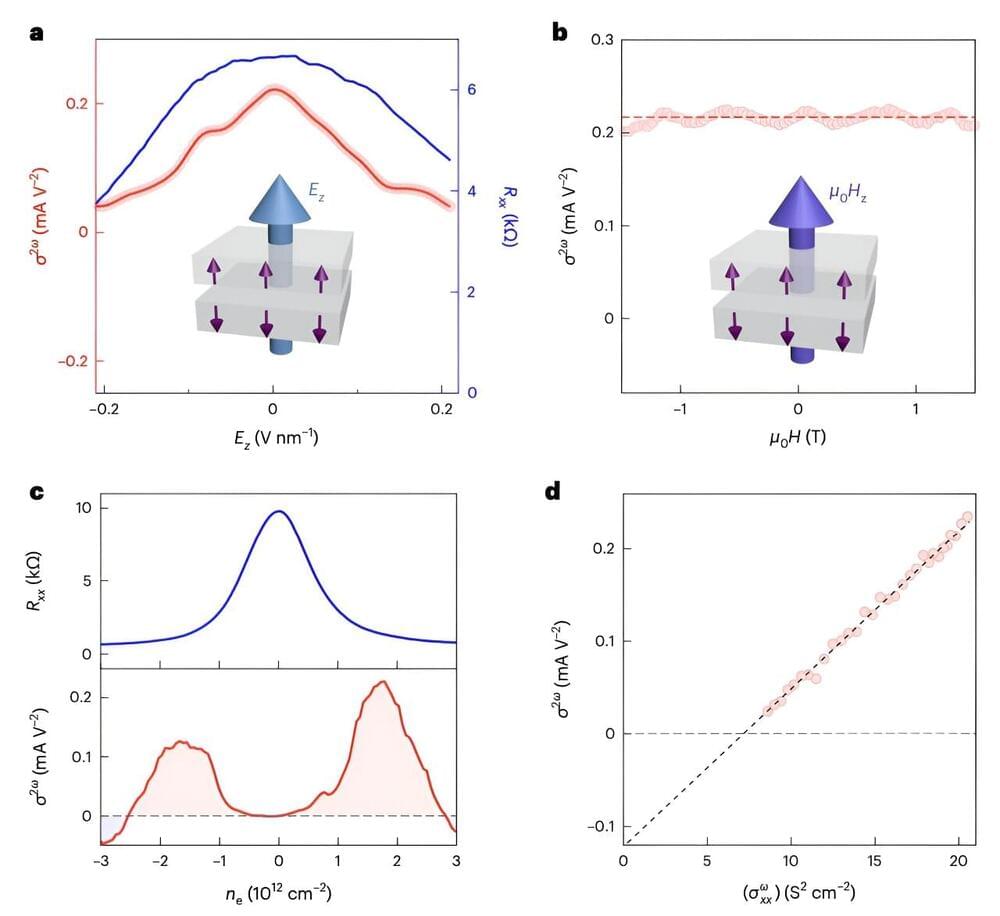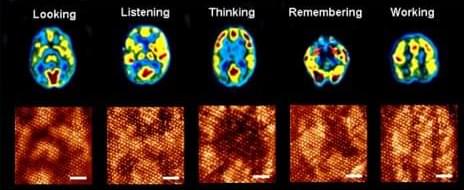While most of us are still struggling to find SSDs with greater capacities than 4TB, Samsung is working on creating the world’s first petabyte SSD. At least, that’s their plan. Last year, reports suggested that the company was about a decade away. Now, they seem much closer.
As the world’s largest manufacturer of 3D NAND storage, they’re certainly one of the most likely to do it. Samsung has revealed more information about its planes, and how it’s working to get to that 1,000-layer NAND required for such high capacities.
Samsung has long been a leader in large capacity solid state drives. And while they’re not readily available to the average consumer due to their (still) prohibitively expensive prices, Samsung announced a 16TB SSD way back in 2015.







